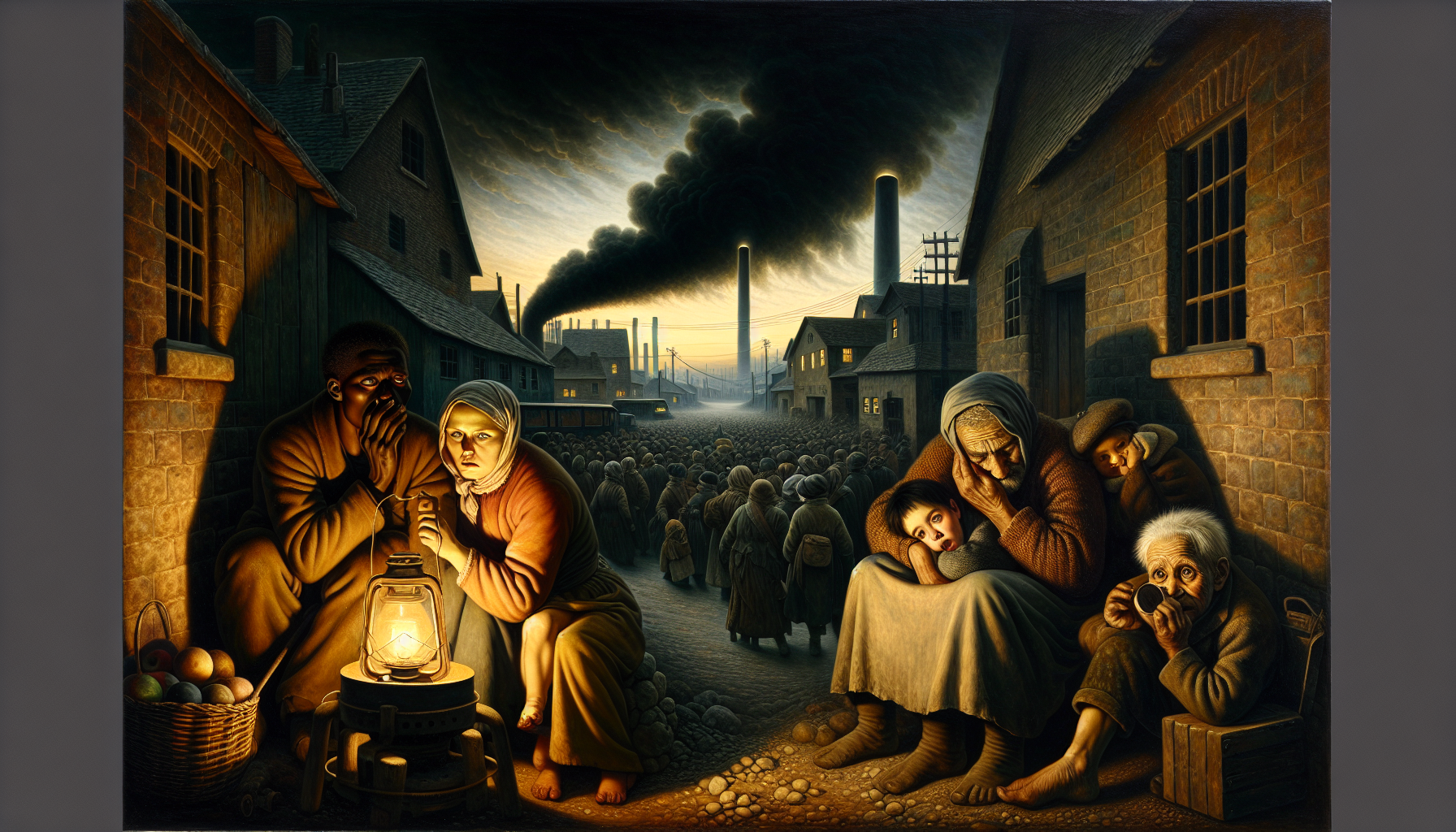🦅 Executive Branch |
White House |
-
On May 1, 2025, President Donald J. Trump officially declared that day as both Loyalty Day and Law Day in the United States. This proclamation uses the authority given by a law called Public Law 87–20, which lets the president recognize Law Day each year. The announcement asks all Americans and government workers to display the U.S. flag and think about the importance of following the law and being loyal to the country. This action mainly affects government offices and citizens by encouraging them to honor these values on that specific day. The proclamation also includes strong statements about the president’s view of recent government actions and the importance of justice and fairness, but these are the president’s opinions rather than legal facts. Read full document →
-
On May 1, 2025, President Donald J. Trump issued a formal proclamation declaring that day as the National Day of Prayer, following a law passed by Congress in 1988 that asks the President to set aside the first Thursday in May each year for this purpose. This proclamation encourages all Americans to take part in prayer and reflection through events at churches, workplaces, schools, and homes. The action affects the general public by promoting a day focused on prayer and religious observance, though it does not create any legal requirements. The document also highlights the President’s personal views on faith and religious freedom, including references to his own experience and efforts to address religious bias within government agencies. Read full document →
-
The President officially declared May 3 and May 4, 2025, as National Fallen Firefighters Memorial Weekend to honor firefighters who died while working to protect others. This affects firefighters, their families, and federal government offices, which must fly the U.S. flag at half-staff on May 4, 2025, as required by a law passed in 2001 (Public Law 107-51). The proclamation highlights the bravery of firefighters, including one who died protecting the President’s family, and aims to recognize their sacrifices and support their families. This action uses the President’s constitutional and legal authority to set special observances and direct flag displays at federal buildings. Read full document →
-
On May 1, 2025, President Donald J. Trump signed an executive order directing the Corporation for Public Broadcasting (CPB) and all federal agencies to stop giving money to National Public Radio (NPR) and the Public Broadcasting Service (PBS). The order says that because there are many news options today, taxpayer money should not support NPR and PBS, which the order claims are not fair or unbiased. The CPB is told to cancel current funding and stop future payments by June 30, 2025, and agencies must also end any direct or indirect funding. The order also requires checking if NPR and PBS follow rules against discrimination and taking action if they do not. This matters because it changes how public broadcasting is funded, potentially ending government support for two major public media outlets. Read full document →
-
On May 1, 2025, President Donald J. Trump signed an executive order creating a new group called the Religious Liberty Commission. This group will have up to 14 members chosen by the President, including government officials like the Attorney General, and will work until at least July 4, 2026, the 250th anniversary of American Independence. The Commission’s job is to study and report on religious freedom in the United States, look at problems that might threaten it, and suggest ways the government can protect people’s rights to practice their religion freely. It will also advise other parts of the government on religious freedom issues. The order says the government will support this group with money and help from the Department of Justice. This affects religious groups, schools, employers, and anyone interested in religious rights, and it matters because the government says it wants to protect religious freedom from new challenges. However, the order does not create any new legal rights or change existing laws. Read full document →
|
|
|

